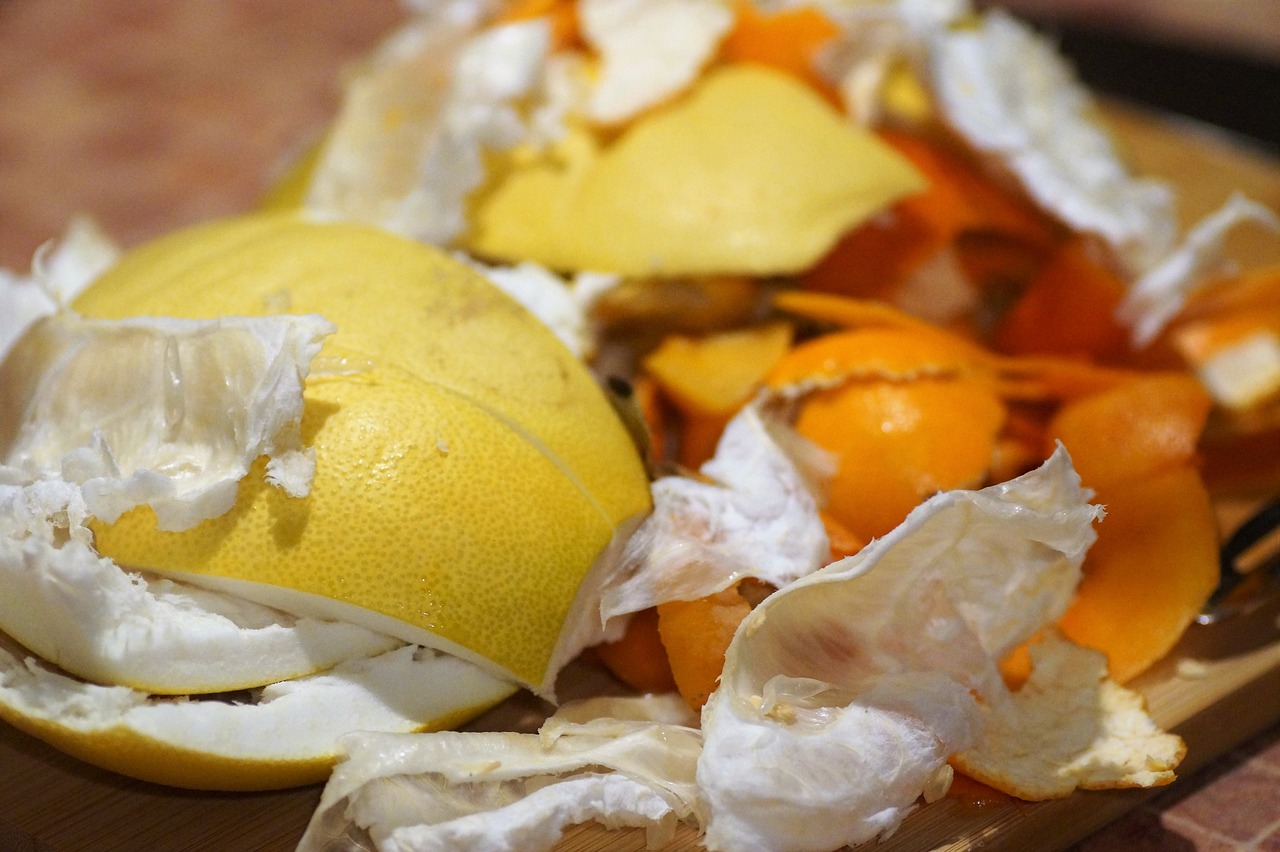When Chemical fertilizers were invented, they came as a boon for farmers. Chemical fertilizer helped in crop production and became the ultimate solution to end hunger. After years of using chemical fertilizer, scientists, environmentalists, and even the farmers have found out how harmful is the chemical fertilizer. Now, everyone is trying to promote organic food production.
Whether you are a small farmer, a hobbyist farmer, or even a commercial farmer, here are some natural options to use in your garden for better yield.
Mono Sodium Glutamate (MSG)
There are numerous benefits of using Mono Sodium Glutamate (MSG) for your plants, here are some major benefits of MSG:
Improves fertility in plants: When you water plant with water-MSG solution regularly, fertility rate in plants will substantially improve. Watering plants MSG dissolved water will make leaves greener and denser.
Accelerates plant growth: Sodium content in MSG will help the plant grow faster, healthier. MSG will have leaves and stem stronger, bigger.
Accelerates flower growth: When you water plants with MSG water and also spray MSG water on the plant, flowers will grow faster and will also become bigger.
Provide Nutrients: Sodium and Glutamic acid both are highly beneficial to the plants. Since MSG provides nutrients, plants will stop from dying.
Increases water content in dry season: Sodium in MSG improves water absorption in plants, preserves water in the soil, and stops water resistance in plants.
In order to use MSG, mix one table spoon of MSG in one litre of water and spray in the plants and soil.
Aspirin
If you are using aspirin for the conditions like headaches and uneasiness, you might already know how effective aspirin is for you. Perhaps, you might also want to use aspirins in your garden. There are numerous benefits of using aspirins for your plants.
You can use aspirin to fill fungus, bacteria, pests, bugs, ants in your gardening soil as well as in the plant leaves, stems, flowers and fruits.
Aspirin disinfect the soil and helps the seed to germinate faster. A
Use aspirin to improve plant immune system.
Aspirin stimulates plant, flower and fruit growth.
Aspirin makes the plant foliage denser.
In order to use aspirin for plants, crush aspirin in one litters of water and spray in the plant and soil.
Oyster Shell, Egg Shells, Chicken Bones
If you happen to live in a coastal area or eat a lot of oyster, you can also use oyster shell in your garden and improve your soil quality and provide nutrients to your plants. In order to use oyster shells, you will have to crush shells and mix the powder in the soil. Calcium Bicarbonate is the main compound in the Oyster shells. If your soil is acidic you can use Calcium Bicarbonate to make soil alkaline and improves pH level.
Just like oyster shells, you can also crush egg shells and chicken bones and add to your gardening soil to enrich your soil with minerals and improve soil ph level.
Banana Skin
If you do gardening, after eating banana never throw the skin because banana skin is excellent fertilizer for plants. Banana skin contains calcium, phosphorous, potassium and many other minerals. You can use banana skin in many ways, for example, you can use banana skin as mulch, or cut the skin into small pieces and mix into the soil while preparing the posting soil or while fertilizing during the growth period. You can also toss banana skin in your compost bins, banana skin makes excellent compost. Alternatively, you can also make liquid fertilizer from banana skin. In order to make liquid fertilizer from banana skin, cut banana skin in small pieces, add water, cover the lid of the container, and let it sit for 3 days. Strain water and water your plants once a week.
Just like liquid fertilizer from banana skin, you can also make liquid fertilizer from onion skins, carrot peels and other kitchen waste and vegetable peels.
When you soak onion skins in water for a couple of days, the onion infused water will make good liquid fertilizer that is rich with calcium, potassium, magnesium, iron, copper etc.
Tea and Coffee
Tea and coffee also makes excellent organic fertilizer for your plants. Good thing about using tea and coffee as organic fertilizer is you will be reusing the tea leaves and coffee grounds. Collect tea leaves from the tea strainer /tea bags or coffee grounds, wash with water if you have used sugar. After a couple of days, when you have collected enough tea leaves and coffee ground, add to your gardening soil thoroughly. Tea leaves and coffee grounds contain nitrogen, potassium and phosphorous, the three main nutrients for the plants.
